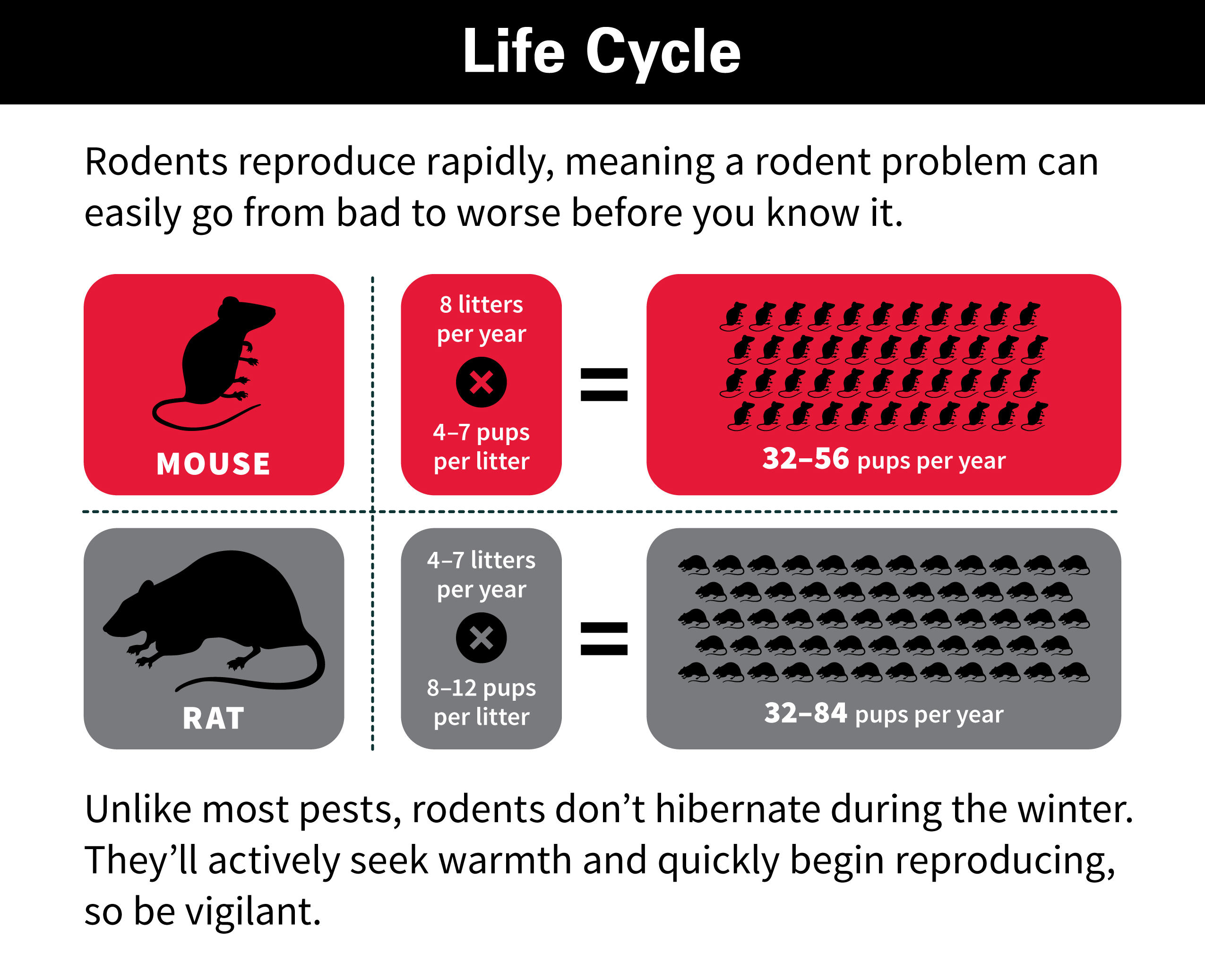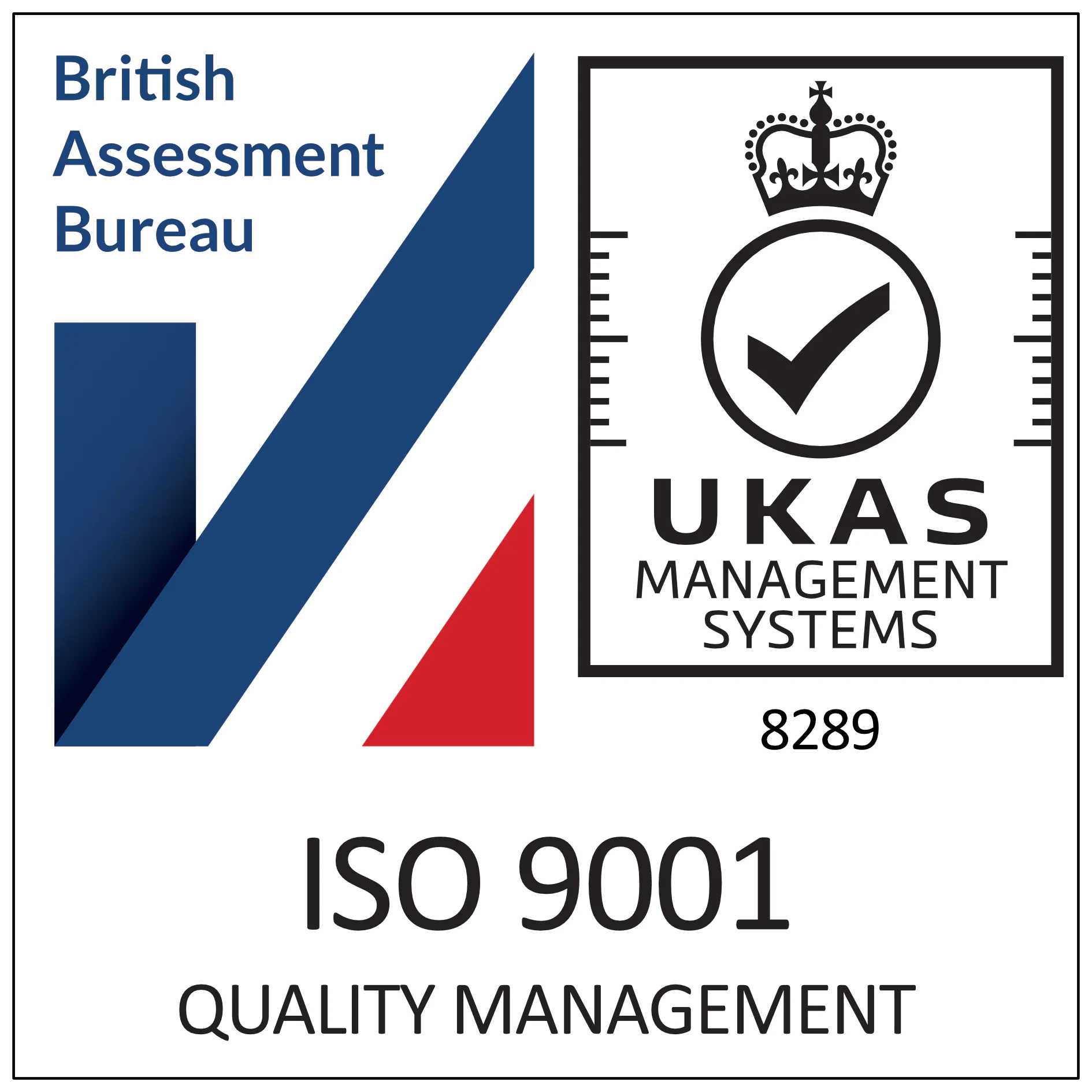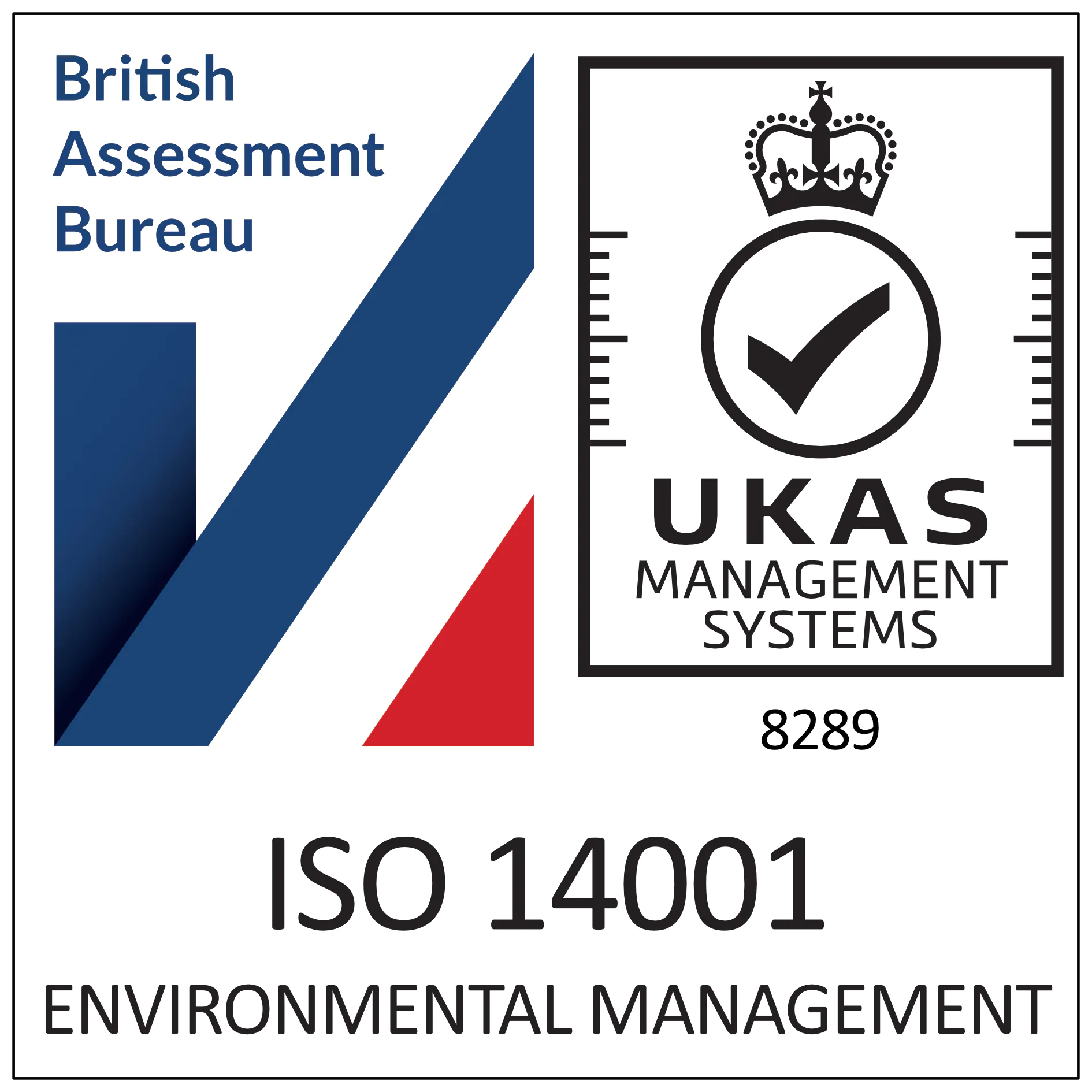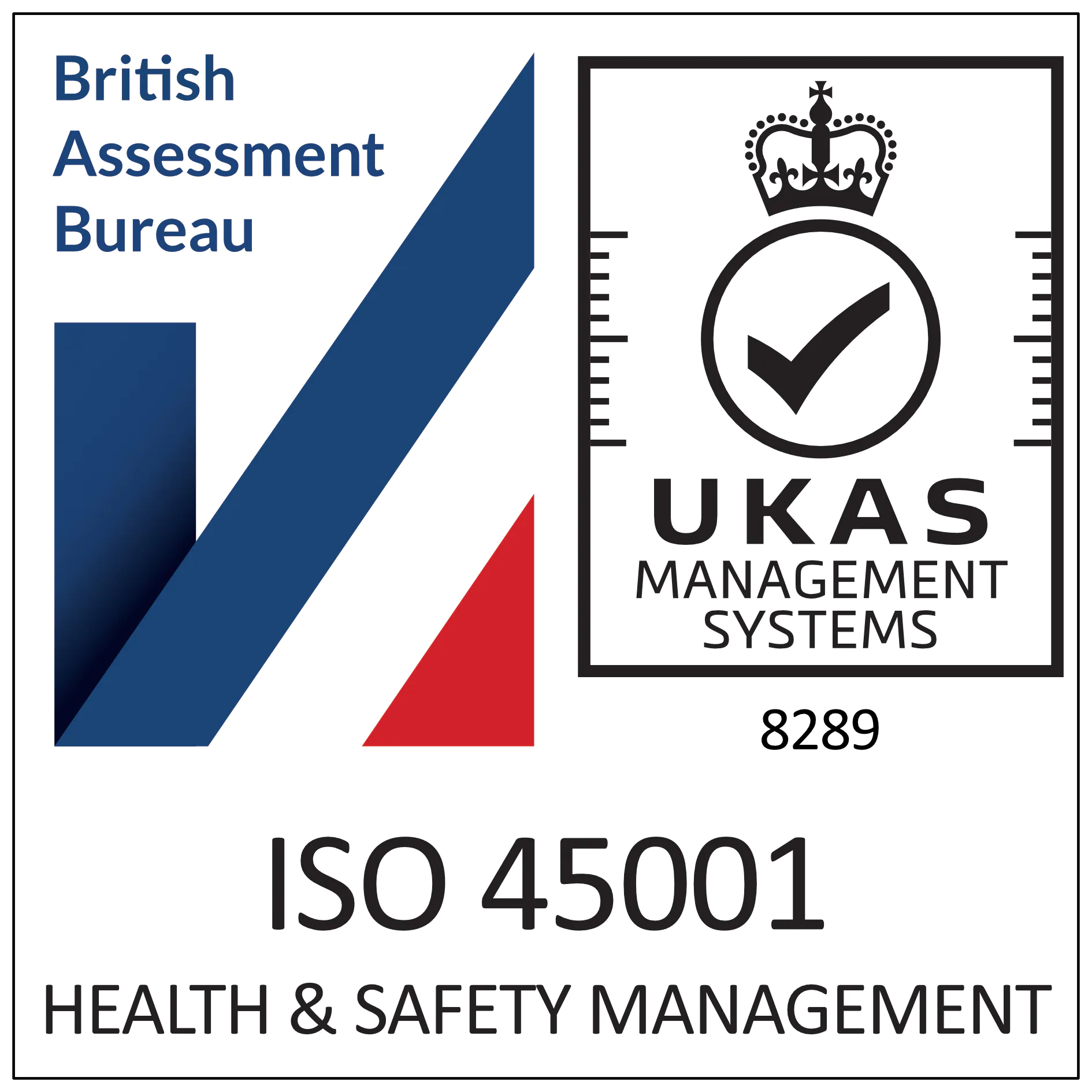What Is a Rodent & Do I Need Treatment?
Rodents—including mice, rats, and squirrels—contaminate food, damage property, and spread disease. In the UK, the most common conflict species are:
Rats
Instincts: Wary of new objects like traps and bait, rats nest in attics, burrows, under concrete, in wall voids and hard-to-reach spaces.
Disease: They carry and transmit serious illnesses and introduce parasites such as fleas and ticks.
Mice
Access: Invade homes seeking food, water, and warmth.
Contamination: Each mouse contaminates far more food than it consumes.
Rodent Family
The order Rodentia comprises over 2,000 species. The family Muridae—including sand rats, gerbils, and old-world rats & mice—represents two-thirds of them.
What Do Rodents Look Like?
Rodents are warm-blooded mammals with oversized front teeth for gnawing and specialized cheek teeth for chewing. Their constant chewing causes significant damage in and around homes.
Where Do Rodents Live?
They thrive anywhere with food and water. Rats can enter through quarter-sized holes; mice through dime-sized gaps.
Are Rodents Cause for Concern?
Rodents & Disease: They taint food with waste, fur, and saliva. Mice can contaminate ten times the food they eat. They transmit viruses like hantavirus and carry fleas that spread plague. Never handle wild rodents; contact a professional at first sight.

Rodents breed rapidly—some year-round—sustaining populations through constant reproduction. They damage crops, spread disease, and contaminate surfaces.
How to Prevent Rodent Infestations
Prevention is key:
Food Storage: Seal crumbs, dry goods, fruits and vegetables in metal or glass containers.
Cardboard: Remove cardboard, which rodents use for nesting.
Seal Openings: Fill cracks and gaps where rodents enter.
For full protection, engage a pest professional.
Infestations & Control
Rodents adapt easily and can devastate buildings and agriculture. Unified neighborhood efforts and professional intervention are often necessary for effective control.
- Damage: Chewing and gnawing harm structures.
- Disease: Carriers of harmful bacteria and viruses.
- Reproduction: Fast breeders requiring early action.
- DIY Risks: Homemade repellents often fail against full infestations.









